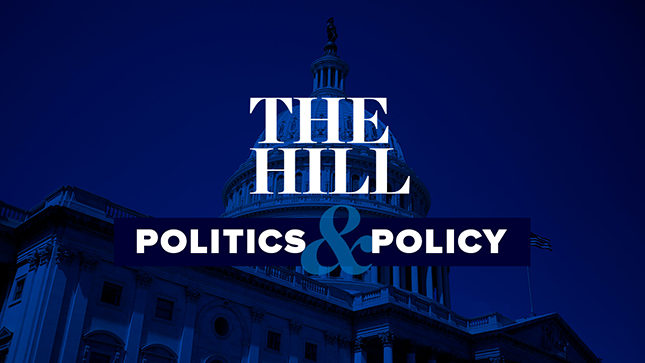Election Day is like the Kentucky Derby for political nerds. It does not happen out of nowhere. A lot of people donate a lot of time and money to make the national event meaningful. Federal campaign spending for the 2018 midterm elections reached an estimated $5.2 billion. That sets a record for the most expensive midterm elections cycle in our history. It is also sure to spark calls for new laws restricting money in politics.
Before we rush to regulate, however, it is important to understand what campaign finance does and does not do. It is also important to have context for how much there really is. For example, while $5 billion is a certainly lot of money, the National Retail Federation estimates that Americans spent $9 billion on Halloween this year on candy, costumes, decorations, and more. Is it too much to spend a fraction of that amount informing and persuading voters about the choices on their ballot?
Money in politics is spread across many different races and candidates. All 435 seats in the House were up for election this year, plus 35 of the 100 seats in the Senate. Those races together feature thousands of candidates all trying to make their case to the voters. It is no wonder the costs pile up. Much of the surge in campaign spending was due to a record number of donations from women and small donors. Many candidates on both sides of the aisle raised large sums, but Democrats in particular rode a wave of voter enthusiasm to unprecedented fundraising.
Campaign finance laws bar candidates from using donations for personal expenses. So these campaign funds cover staff, travel, polling, materials, and other resources that can fuel a winning campaign. The more money a campaign raises, the more it can promote its message and educate voters. This is one way that money in politics can benefit democracy.
For most candidates, the top expense is advertising. Campaign ads can be annoying, but research shows they make voters more informed and engaged. For political newcomers unknown to voters, ads and even yard signs are crucial to building up name recognition. Even established politicians often find advertising is the best way to reach busy citizens.
Research also shows campaign money helps challengers more than it does incumbents. That is because incumbents have a head start before the first dollar is spent. Incumbents are better known among voters, they have lists of past supporters to call on, and they have more chances to attract media coverage through their actions and statements in office.
Campaign spending helps challengers and newcomers catch up. This turns the traditional notion that campaign spending only helps the “establishment” on its head. While money is necessary for a successful campaign, it does not “buy” elections. Voters can and often do reject candidates who outraise and outspend their opposition. Beto O’Rourke became the latest in a long list of big spenders who lost. Hillary Clinton, Jeb Bush, and Jon Ossoff are just a few from the last two years.
Taking stock of what campaign money can and cannot do should make Americans rethink laws that restrict it. Rather than protecting the average voter from the power of big donors, limits on money in our campaign finance system make it harder to achieve political change of any kind. They create a world where celebrities, media darlings, and the wealthy have huge advantages over anyone else trying to run for office.
Americans are sometimes accused of taking our rights and liberties for granted. In the 21st century, you cannot support the First Amendment, and your favorite candidates, without putting your money where your mouth is. It takes a lot of time and work to make elections successful. Let us take a moment to be thankful for the candidates and volunteers who make our democracy vibrant and ensure that voters have a choice.
This article appeared in The Hill on November 16, 2018.














